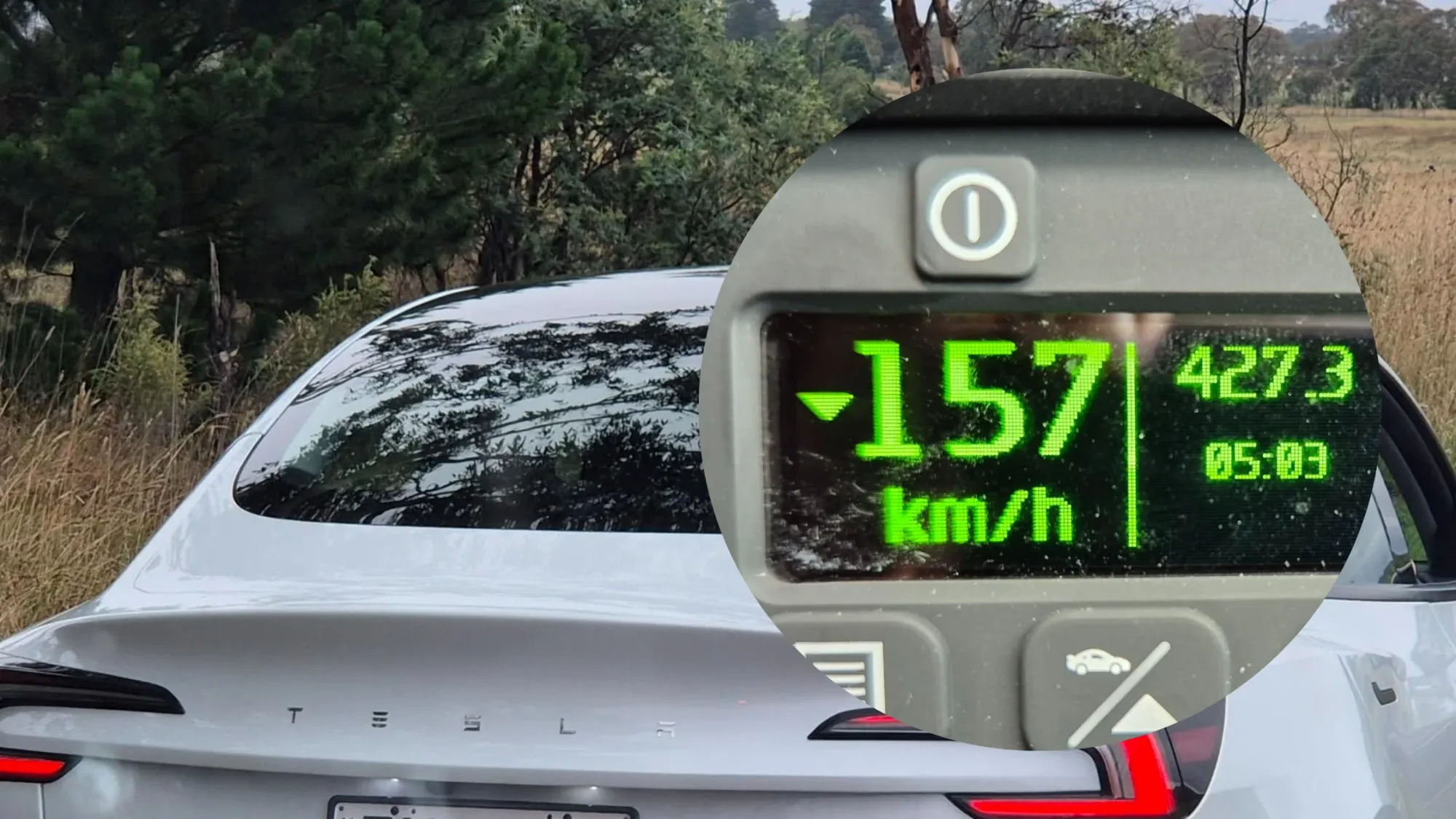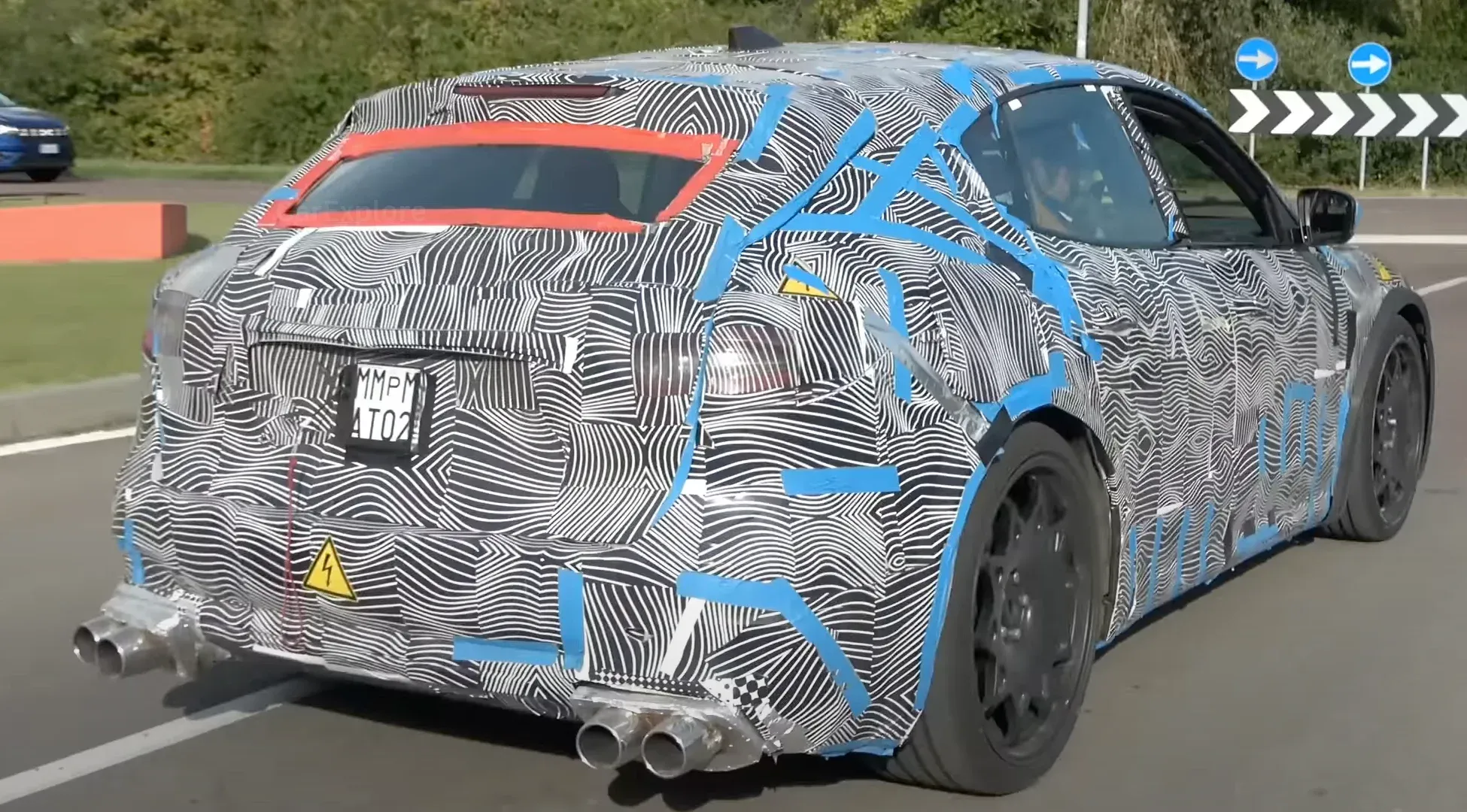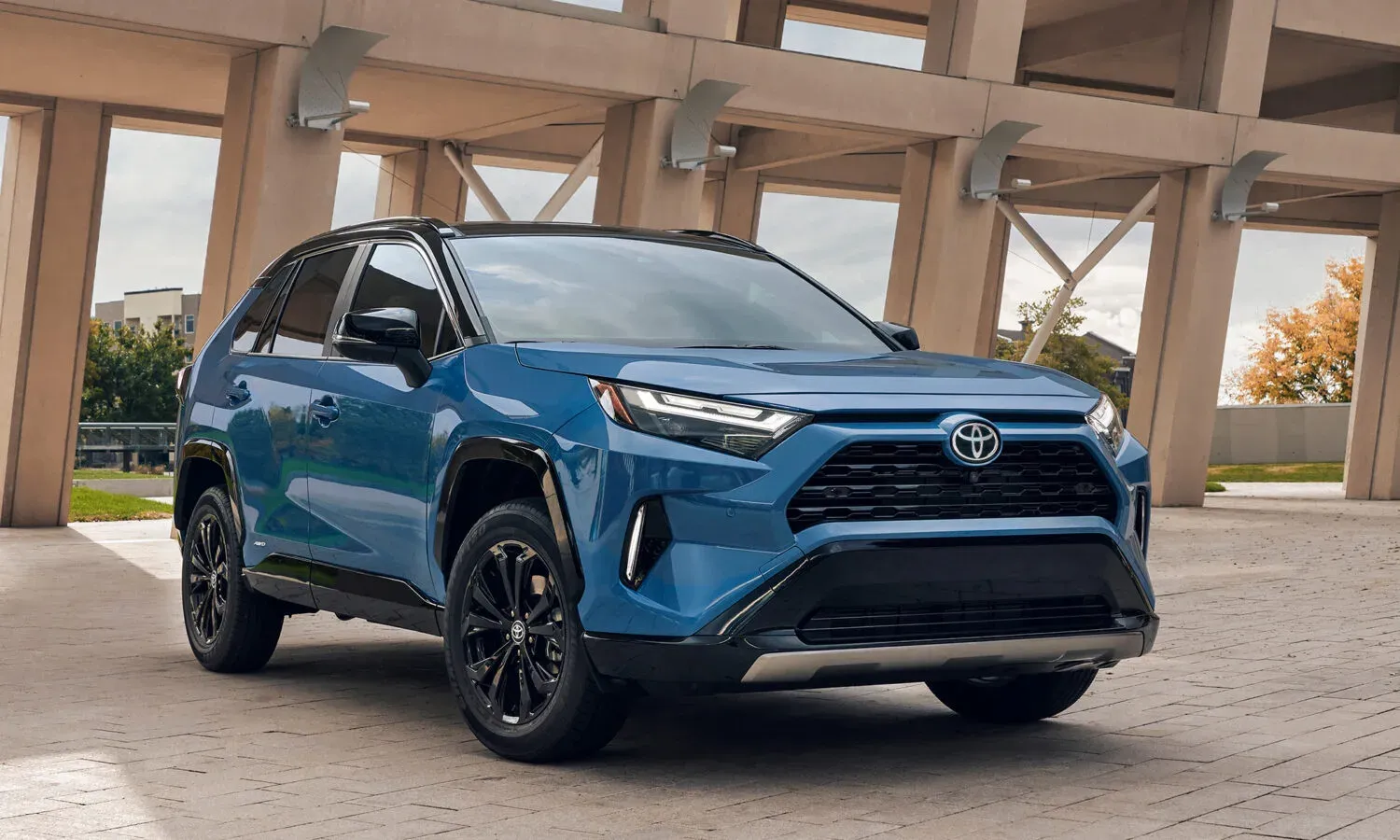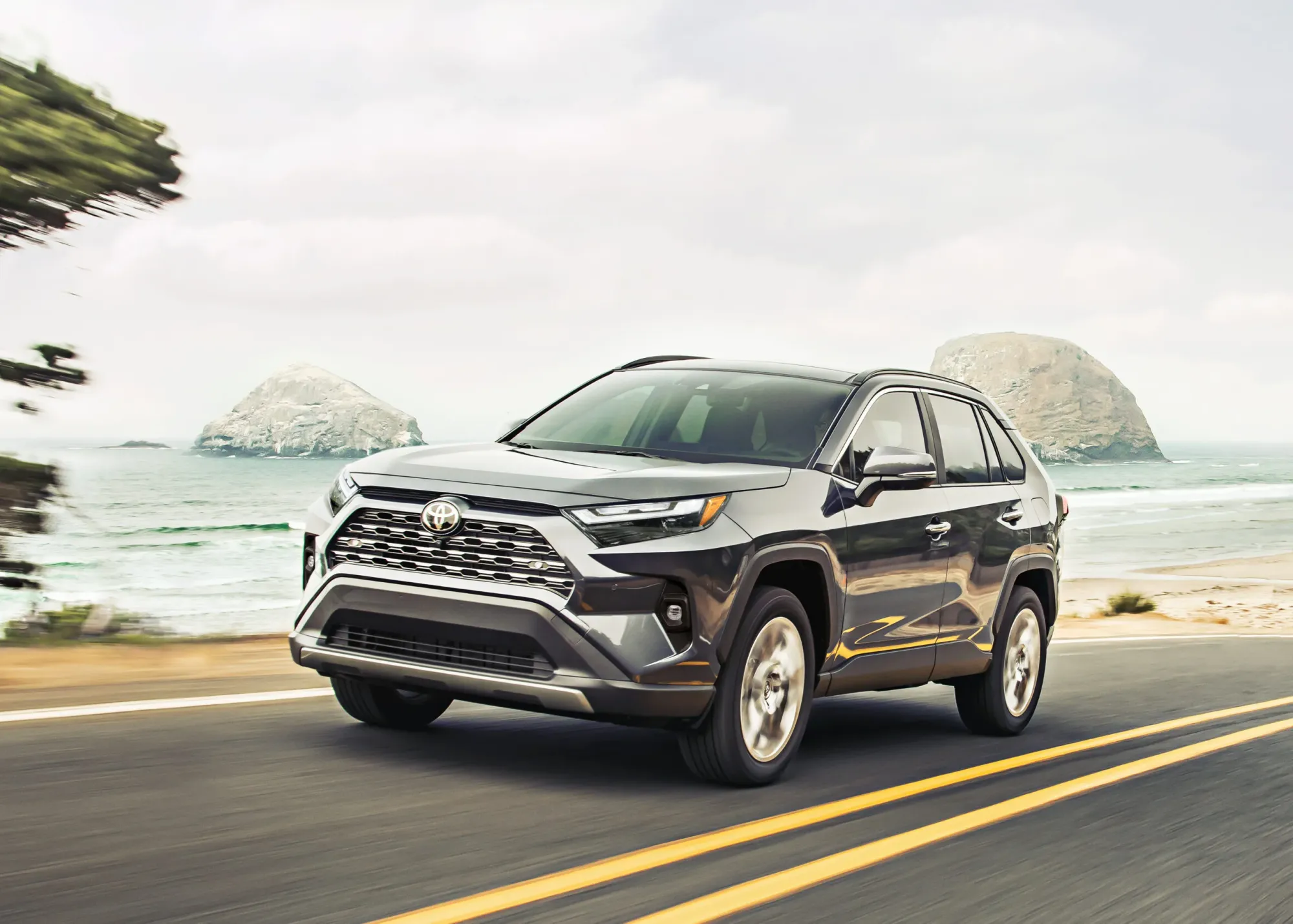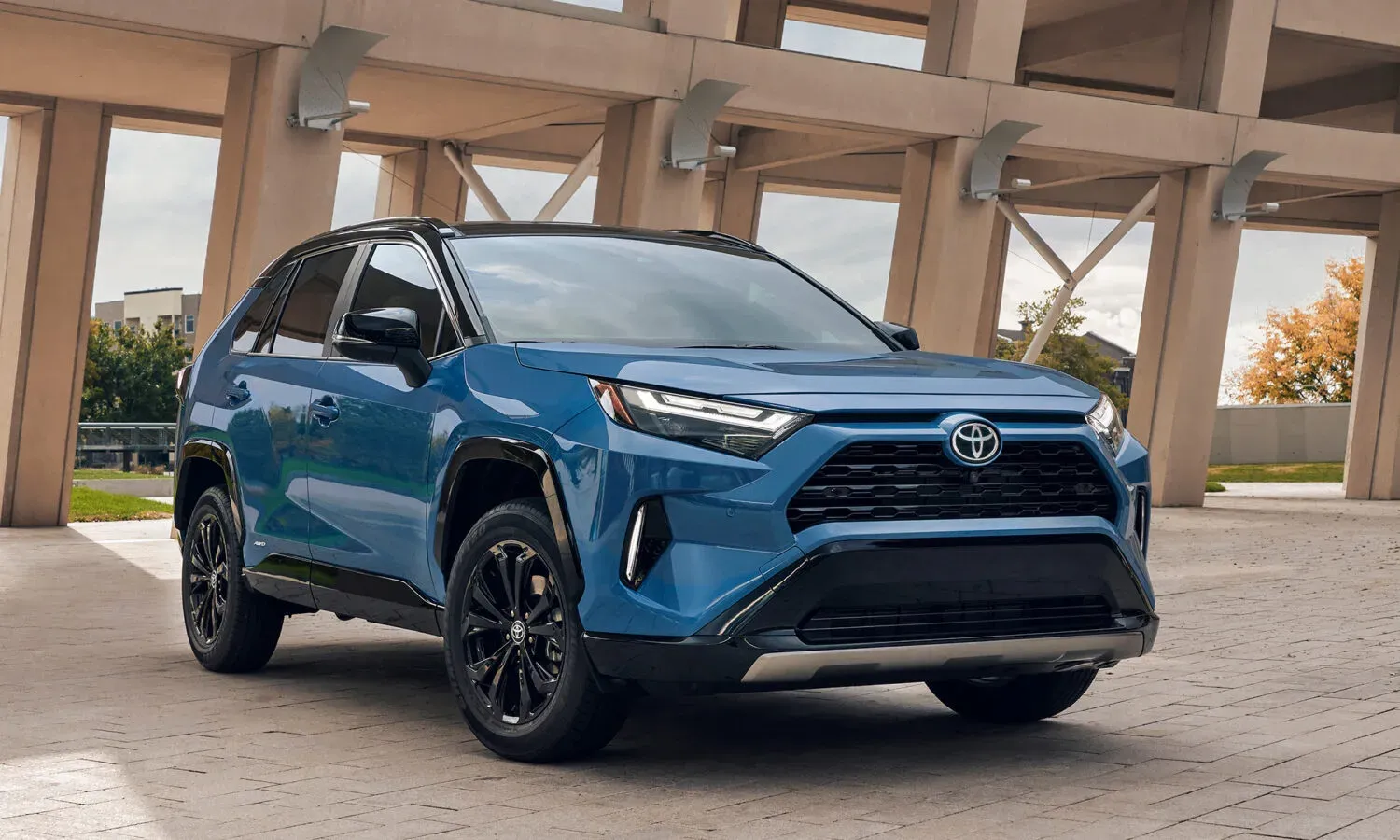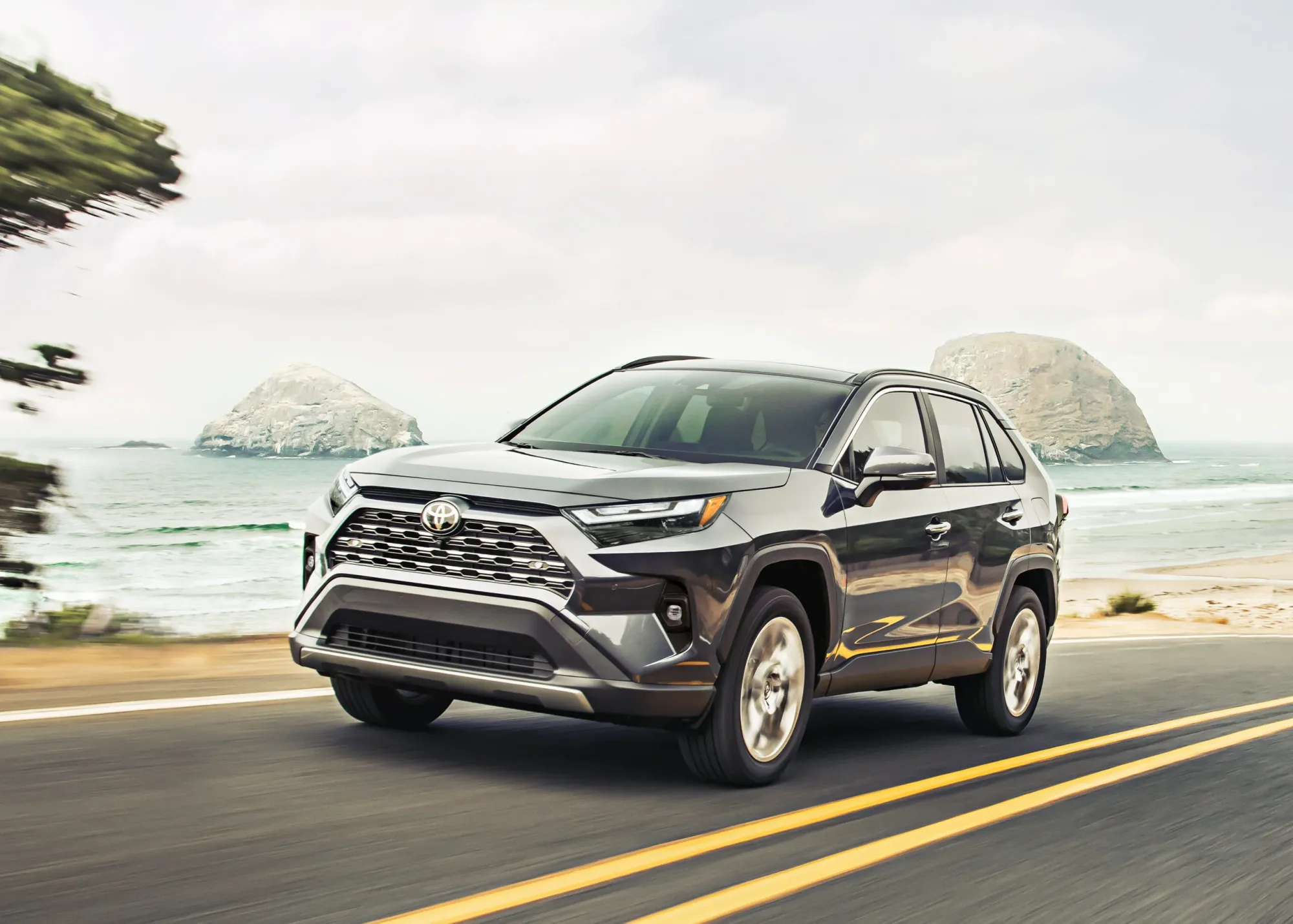A recent study has revealed that high upfront costs, insufficient charging infrastructure, and range anxiety are significant barriers preventing Australians from embracing electric vehicles (EVs). Despite the environmental benefits and potential savings associated with EV ownership, adoption rates remain low compared to other developed nations.
The research conducted by Pureprofile Limited surveyed over 2,000 Australians and found that only 3% currently drive EVs, with 89% opting for petrol-powered vehicles. The study highlighted that 39% of respondents cited high purchase prices as a primary obstacle, while 36% expressed concerns about the availability of public charging stations.
Barriers to Adoption:

- Upfront Costs: Nearly 40% of Australians identified the initial cost of EVs as a major hurdle, compounded by rising living expenses.
- Charging Infrastructure: A significant portion of respondents (36%) felt there were not enough charging stations available, leading to fears of running out of battery power during journeys.
- Range Anxiety: Many potential buyers are deterred by concerns about the driving range of EVs, with 78% considering roadside assistance important and 65% willing to pay extra for insurance covering flat battery towing.

Comparative Adoption Rates:In contrast to Australia’s low adoption rate, New Zealand has seen a higher uptake of EVs, with 11% of vehicle owners driving electric. However, similar concerns regarding charging infrastructure persist across the Tasman Sea.
Call for Government Action:The study emphasizes the urgent need for government investment in EV infrastructure, including expanding charging networks and promoting renewable energy sources. Stakeholders in the automotive industry must remain responsive to evolving consumer attitudes towards sustainability.
Industry Insights:Anna Meiler, Managing Director APAC at Pureprofile, stressed the importance of addressing these barriers to foster a sustainable future in transportation. The findings suggest that without significant improvements in infrastructure and financial incentives, Australia may continue to lag behind other nations in EV adoption.
As Australia strives to meet emissions reduction targets, addressing the challenges of high upfront costs and inadequate charging infrastructure will be crucial. With concerted efforts from both government and industry stakeholders, the path towards greater EV adoption can be paved for Australian consumers.




